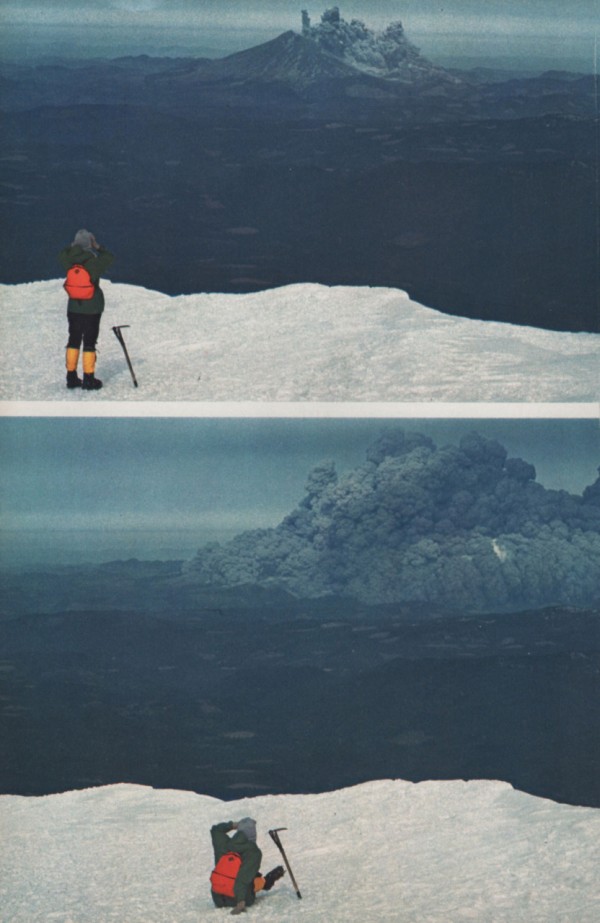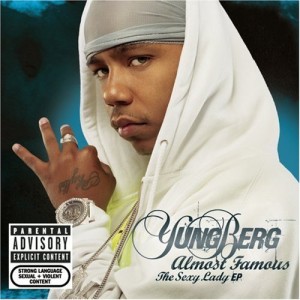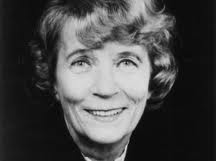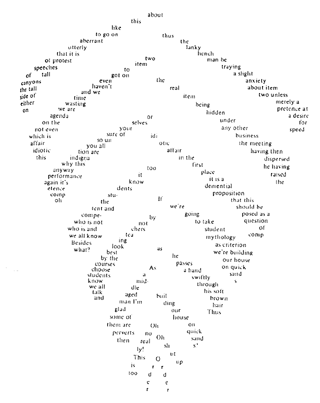R.I.P. Christine Brooke-Rose
I just heard that Christine Brooke-Rose passed away.
I first came across her work thanks to Brian McHale’s Postmodernist Fiction (1987), where he wrote about her 1975 novel Thru.
At the time, I was deeply into concrete poetry, in particular novelists who used concrete poetry techniques (Kenneth Patchen, B.S. Johnson, Ann Quin). So I was hooked. I picked up the 1986 Christine Brooke-Rose Omnibus, which contains Thru as well as its three “companion” novels: Out (1964), Such (1966), and Between (1968). All of them are decidedly unusual; like Johnson and Quin, Brooke-Rose was heavily inspired by the French New Novel of Alain Robbe-Grillet, Marguerite Duras, and Nathalie Sarraute. (She translated Robbe-Grillet’s In the Labyrinth.) Like all of those authors, Brooke-Rose was a brilliant maker of contemporary fiction who deserves to be more widely read.
Stuff I Loved in 2011

That’s the feeling I look for, right? In whatever I’m eating, be it real food, or entertainment, art, people. The major event. A safe, manageable portion of the inner land or map blown away, torn out and away, dissolved or smoked. I only know a couple people who really seek that, or when they say they want that destruction it’s a good lie, and maybe they’ve said it enough so it’s shared and indistinguishable from truth. Regardless, it’s a common myth, a familiar dragon to chase, that of the Art That Changes For Good. I rarely recognize the mountain exploding in realtime, while reading something or watching a movie, it’s felt live that way maybe four times in my adultish life. Mostly it’s just feeling the echo of the boom a time later. Still, standing mountains aren’t terrible, and are often really nice. But sometimes you get lucky (pictured, pictured). Here’s what my year looked like:
from Tripticks
Not to be outdone I suggested we all strip and rub one anothers’ bodies with some very special oil I happened to have. My wife immediately muttered ‘sacrilege’, and abruptly turned away from me for the rest of the evening. Partly because of her attitude and my own position in all this I started looking around at the other women. There wasn’t really much choice. I chose about the youngest, a girl who still had the air of highschool around her. I really wasn’t turned on by her, however, she seemed to respond amazingly quickly in the candlelit room to my hands which at first I only dared put through her long dark hair. I whispered that we should go into another room. But as we were sidling out of the door, my wife, who lay naked on the altar, incense it seemed wafting from her body, called out ‘if you want to do anything do it here only don’t bug my trip.’ I had the feeling that other than the potions Nightripper had handed out he had also passed around something else. The scene resembled a Bosch vision of hell. Some women were staring, some were unusually happy, some were sick, others were screaming, and some said the walls were moving. These days if one escapes being hijacked in an airplane, mugged in the street, or sniped at by a man gone berserk, one apparently still runs the risk of getting accidentally zonked by the hors d’oeuvres at a friendly neighbourhood cocktail party. As soon as I thought this I began hallucinating, and ultimately freaked out, overturning the altar, calling Nightripper my motherfucking father. Apparently everyone soon left, except the girl, who my wife asked to stay, hoping between them they could bring me through. I remember there was a point when I didn’t want to come down, but remain on an edge that appeared to touch upon a very thin line between life and death, and such power! I felt I was capable of anything, by merely putting my hand out things would fall or rise. I was Satan with God as my servant.
– Ann Quin, Tripticks, pg. 61-62
Laird Hunt’s influences

Laird Hunt, author of the incredible Indiana, Indiana, has been posting short synopses of the five books that influenced his upcoming novel Ray of the Star.
Book three has me curious about both Hunt’s book and this influence.
Sounds good, doesn’t it? Some of the book is available here.
Anyone read this? Recommendations?


